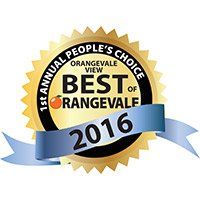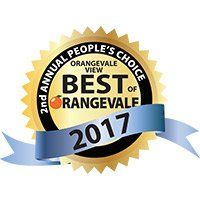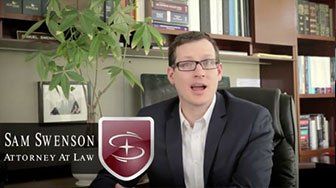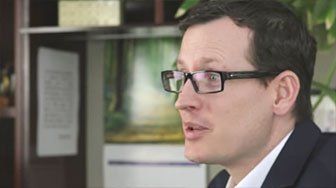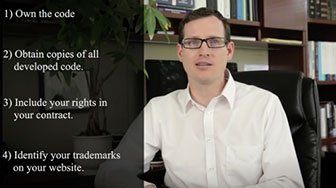PRACTICE AREAS
RATINGS
CONNECT WITH US
VIDEOS
What is a 2(d) Trademark Refusal?
 When you make your application for a trademark
, you should be aware that there are a variety of reasons the Examining Attorney may refuse it. Therefore, it is important to let us assist you in making your trademark application so you can avoid obstacles in the examination process.
When you make your application for a trademark
, you should be aware that there are a variety of reasons the Examining Attorney may refuse it. Therefore, it is important to let us assist you in making your trademark application so you can avoid obstacles in the examination process.
One of the common reasons for a trademark application being denied is if the mark resembles a registered trademark and is likely to cause confusion in the marketplace. These types of denials are commonly referred to as Section 2(d) refusals and we have experience overcoming the objection.
The Examining Attorney will conduct a search of the U.S. Patent and Trademark Office’s (USPTO) records, but not perform a search of unregistered rights. Thus, the date of first use of the mark does not play a role in the Examining Attorney’s decision. If you want to challenge prior rights in a mark, we can help you file a proceeding with the Trademark Trial and Appeal Board. It is imperative to ensure that all of the probative evidence is submitted before the Examiner makes his or her final decision regarding the issue of likelihood of confusion. Some of the factors that will be considered include:
- The degree of similarity between the marks at issue including appearance, sound and meaning
- Whether the goods or services represented by the marks are related
- If the mark has a certain level of fame
- The sophistication level of the consumers
- Evidence of actual confusion by consumers
The above list is not exhaustive and there are several other factors to be considered. Let us help you assess any similarities between your mark and other marks, as well as the similarities between the goods or services provided, in conducting a likelihood of confusion analysis before your application is submitted to the Examiner.
If you are interested in learning more about 2(d) trademark refusals or how we can assist you with your other business-related needs, contact the knowledgeable lawyers at The Swenson Law Firm to schedule an appointment.





